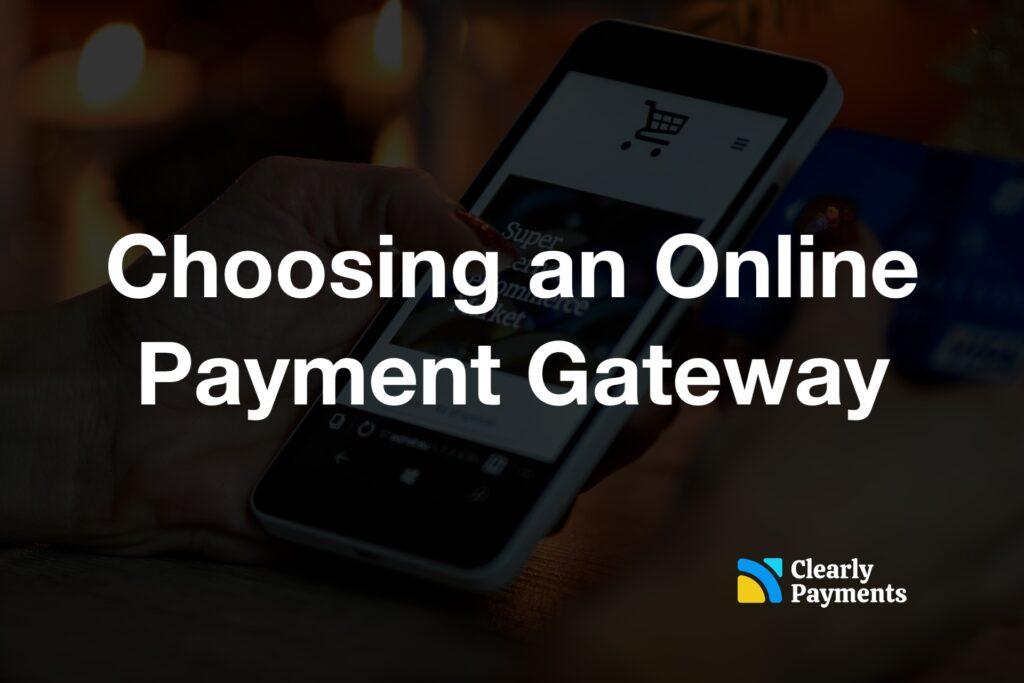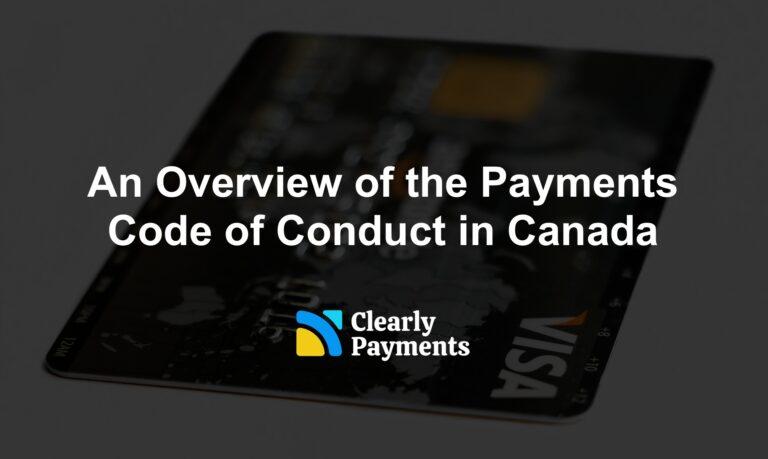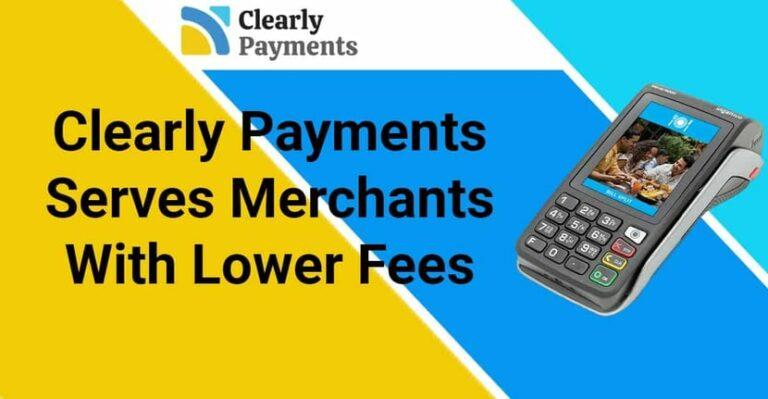In the world of eCommerce and online payments, one of the crucial decisions that merchants face is selecting the right online payment gateway. An efficient and secure payment gateway not only streamlines transactions but also contributes to customer trust and satisfaction.
In this guide, we’ll cover what a payment gateway is and the key factors merchants should consider when choosing an online payment gateway to ensure a seamless and secure payment experience.
What is a Payment Gateway
As online merchants rely on a technology platform to ensure the seamless functioning of e-commerce operations, and this essential tool is known as a payment gateway.
Visualize a payment gateway as a vital link between your online shopping cart, hosted on your website, and your bank account. When customers input their payment details during the checkout process, this gateway plays a crucial role in securing the information by employing tokenization. Subsequently, it sends this secure code to your bank for verification. If the bank confirms the transaction’s legitimacy, the funds smoothly transfer from the customer’s account to the merchant’s account, finalizing the purchase.
However, the significance of payment gateways extends beyond mere payment processing. They offer valuable features designed to enhance the online shopping experience.
-
Multiple Payment Options:
- Customers can choose their preferred payment method, be it credit cards, mobile wallets, or innovative services allowing deferred payments.
-
Recurring Payments:
- For subscription-based services, the gateway facilitates the setup of automated recurring payments, ensuring a hassle-free experience for our customers.
-
Mobile Payments:
- The convenience of mobile payments is seamlessly integrated, allowing customers to use popular apps like Apple Pay and Google Pay.
-
Fraud Prevention:
- Robust tools are in place to detect and prevent fraudulent activities, safeguarding our finances and protecting against unauthorized transactions.
-
Reporting and Analytics:
- Payment gateways provide valuable insights into customer preferences and buying patterns. This analytical data empowers us to make informed decisions for our business.
In essence, payment gateways operate as silent heroes in the realm of online shopping, orchestrating fast, secure, and user-friendly transactions for both merchants and customers. Understanding the intricacies of their functioning enables us to select the most suitable gateway for our specific needs, fostering an appreciation for the technology that underpins the success of our online ventures.
Considerations in Choosing a Payment Gateway
Embarking on the journey of selecting the right payment gateway for your online business is a pivotal decision that can significantly impact your operations and customer satisfaction. As the digital marketplace continues to evolve, the array of payment gateway options can be overwhelming.
In this section, we will go into the main considerations that online merchants must weigh to make an informed choice. From understanding your unique business needs to evaluating the details of fee structures, we unpack the factors that will guide you toward a payment gateway aligned with your goals and customer expectations.
Key Considerations for Merchants:
-
Security and Compliance: Security is paramount when dealing with online transactions. Ensure that the payment gateway complies with Payment Card Industry Data Security Standard (PCI DSS) requirements. This ensures that customer data is handled and stored securely, reducing the risk of data breaches.
-
Integration and Compatibility: Choose a payment gateway that seamlessly integrates with your e-commerce platform or website. Compatibility with popular Content Management Systems (CMS) like Shopify, WooCommerce, Magento, or others is crucial to ensure a smooth and hassle-free integration process.
-
User Experience: A user-friendly payment process can significantly impact customer satisfaction and conversion rates. Opt for a payment gateway that provides a seamless and intuitive user interface, reducing the steps and clicks required to complete a transaction.
-
Accepted Payment Methods: Different customers prefer different payment methods. Ensure that the payment gateway supports a variety of payment options, including credit cards, debit cards, digital wallets, and other popular online payment methods. This flexibility caters to a broader customer base.
-
Transaction Fees and Costs: Evaluate the fee structure of potential payment gateways. Consider not only transaction fees but also any setup costs, monthly fees, and additional charges. Understanding the overall cost structure is crucial for budgeting and financial planning.
-
Scalability: As your business grows, so will your transaction volume. Choose a payment gateway that can scale with your business, accommodating increased transaction loads without compromising on performance or security.
-
Customer Support: Reliable customer support is invaluable, especially during technical hiccups or urgent matters. Prioritize payment gateways that offer responsive and knowledgeable customer support to address any issues promptly.
-
Mobile Responsiveness: With the increasing prevalence of mobile shopping, ensure that the payment gateway is mobile-responsive. A seamless mobile experience is essential for capturing sales from customers who prefer to shop using their smartphones or tablets.
Types of Payment Gateways
Payment gateways can be broadly categorized into several types based on their functionalities, integration methods, and ownership structures. Here are the main types of payment gateways:
Hosted Payment Gateways:
- Description: With hosted gateways, customers are redirected to a secure payment page hosted by the gateway provider to complete the transaction. After payment, users are redirected back to the merchant’s website.
- Pros: Simplicity, security, and compliance are managed by the gateway provider.
- Cons: Limited customization options for the merchant.
Self-Hosted Payment Gateways:
- Description: Merchants host the payment page on their servers, providing more control over the user experience. However, they also bear more responsibility for security and compliance.
- Pros: Greater customization and control.
- Cons: Requires more technical expertise and responsibility for security.
API (Application Programming Interface) Integrated Gateways:
- Description: These gateways allow merchants to integrate the payment process directly into their website or application using APIs. This provides a seamless user experience without redirection.
- Pros: Full control over the user interface and user experience.
- Cons: Requires technical integration skills.
Local Bank Integrations:
- Description: Some payment gateways integrate directly with local banks, allowing merchants to accept payments directly into their bank accounts. These are often region-specific.
- Pros: Direct fund transfers to the merchant’s bank.
- Cons: Limited global reach and may have country-specific restrictions.
Platform-Specific Gateways:
- Description: Some payment gateways are designed specifically for certain e-commerce platforms, such as Shopify, WooCommerce, or Magento.
- Pros: Seamless integration with the chosen e-commerce platform.
- Cons: Limited flexibility when changing platforms.
Mobile Wallet Gateways:
- Description: These gateways facilitate payments through mobile wallets like Apple Pay, Google Pay, or other similar services.
- Pros: Convenient for users who prefer mobile payment methods.
- Cons: Limited to users with compatible mobile devices and wallets.
Direct Payment Gateways:
- Description: Direct gateways connect merchants directly to the payment processor, eliminating the need for an intermediary. Merchants handle more aspects of security and compliance.
- Pros: Direct connection to payment processor for faster transactions.
- Cons: Increased responsibility for security measures.
Third-Party Aggregator Gateways:
- Description: Also known as Payment Service Providers (PSPs), these gateways aggregate transactions from multiple merchants, simplifying the onboarding process for smaller businesses.
- Pros: Quick setup and less stringent requirements.
- Cons: May have higher transaction fees and limited customization.
When choosing a payment gateway, merchants should consider their specific needs, technical capabilities, security requirements, and the preferences of their target customers. The right choice depends on factors such as the type of business, transaction volume, and desired user experience.
Costs and Fees for Payment Gateways
When choosing an online payment gateway for your business, understanding the costs and fees associated with different providers is crucial. The fee structure can significantly impact your bottom line, and transparency in this area is paramount. Let’s break down the key elements to consider:
Transaction Fees
- Definition: Transaction fees are charges incurred with every completed purchase through your online store.
- Considerations: Look for clarity on flat transaction fees and percentage-based fees. Evaluate how these fees may vary based on factors like card types and transaction volumes.
Setup Costs
- Definition: Some payment gateways may have initial setup costs to integrate their services with your website or application.
- Considerations: Assess whether there are one-time setup fees and if they align with your budget. Some gateways offer free setup, making them more cost-effective for businesses, especially startups.
Monthly Subscription Fees
- Definition: Certain payment gateways may require merchants to pay a monthly subscription fee for access to their services.
- Considerations: Evaluate the subscription fee in relation to your business size and transaction frequency. Some providers may offer tiered subscription plans based on your business needs.
Payment Processing Fees
- Definition: Sometimes payment gateways will give the option to use their payment processing. Some may even require you to use their payment processing like Stripe. These consist of a percentage fee of the transaction amount and a fixed fee per transaction. Stripe, for example, generally charges 2.9% and $0.30 per transaction.
- Considerations: Payment processing fees can be the most significant cost. It’s important to learn about how payment processing pricing works and ensure you get a fair deal.
Popular Payment Gateways
In the landscape of eCommerce, the choice of a payment gateway can be a make-or-break decision for online merchants. To facilitate this decision-making process, let’s explore some of the most popular payment gateways, each offering unique features and advantages tailored to specific business needs.
Stripe
Renowned for its developer-friendly interface, Stripe is a versatile payment gateway that caters to businesses of all sizes. With robust security measures and a straightforward integration process, it’s a top choice for many online merchants.
Adyen
Adyen specializes in providing a unified payment solution for global businesses. Offering support for multiple currencies and a range of payment methods, it’s an excellent choice for enterprises with an international customer base.
TCM
TCM works directly with mulitple banks and technology providers to deliver the optimal payment gateway solution for merchants of all sizes. They package a full range of online, in-store, and mobile payment solutions with a dedicated merchant account.
Shopify
Designed exclusively for Shopify users, Shopify Payments simplifies the payment process by seamlessly integrating with the e-commerce platform. It eliminates third-party gateways for an enhanced user experience. Shopify is a closed-loop system, so you must use the full Shopify system.
We have also put together a big list of payment gateways that you can see all your choices in the market. One thing that is for sure, there is no shortage of choice.
Final Thoughts on Payment Gateways
Selecting the right online payment gateway is a critical step in establishing a successful and secure e-commerce business. By considering factors such as security, compatibility, user experience, accepted payment methods, transaction fees, scalability, and customer support, merchants can make an informed decision that aligns with their business needs and goals.
Remember, the payment gateway you choose not only impacts your bottom line but also influences your customers’ trust and satisfaction. Take the time to thoroughly research and test potential options to make the best choice for your unique business requirements.
Get the best payment gateway with TCM
- Lowest-cost processing in the industry
- Fund transfers in less than one day
- A full set of payment products to accept payment anytime, anywhere
- World-class customer service




